Why We Use Sports
Organized youth sports initially began as a way to give kids a supervised after-school activity and build positive character traits because sports are not only fun and interactive, but they also provide a real-world platform to build discipline, cooperation, and respect, which is where ‘sports build character’ comes from.
However, simply playing isn’t enough. The environment matters. Before sports became a way for kids to get into college, they were casual. Kids played for the social and developmental benefits. Today’s sports are VERY different, and are causing the opposite effect.
"Sport has the power to change the world. It has the power to inspire. It has the power to unite people in a way that little else does. It speaks to youth in a language they understand." -Nelson Mandela
Why We Use Sports
Organized youth sports initially began as a way to give kids a supervised after-school activity and build positive character traits because sports are not only fun and interactive, but they also provide a real-world platform to build discipline, cooperation, and respect, which is where ‘sports build character’ comes from.
However, simply playing isn’t enough. The environment matters. Before sports became a way for kids to get into college, they were casual. Kids played for the social and developmental benefits. Today’s sports are VERY different, and are causing the opposite effect.
"Sport has the power to change the world. It has the power to inspire. It has the power to unite people in a way that little else does. It speaks to youth in a language they understand." -Nelson Mandela

Issues In Today's Youth Sports
Youth sports today have become hypercompetitive, shifting the focus entirely to athletic skills and performance-based training. Competitive athletes are pressured to specialize in one sport; if not, they risk falling behind. Instead of building character, many are basing their self-worth on how well they play.
In recreational sports, coaches, whether parent volunteers or paid professionals, are under pressure to focus almost entirely on skill development and performance. Kids who play for fun are walking away from sports altogether.
Why This Matters
Organized sports started from a need to keep kids out of trouble and build positive life skills, but today’s youth sports are very different. Competition isn’t the issue. It teaches kids discipline, grit, and how to set goals, but we’re left with a gap because there’s still a need.
In today’s world, with the demands of school, sports, social media, and technology, there’s a greater need. While they have access to much more, there are very few opportunities to build confidence, resilience, and the life skills that matter most.
We created a new kind of sports league. By taking competition out of the equation, coaches aren’t stepping in to correct technique. Instead, they use the life lessons of sports to build transferable skills in sports and life.
Every Practice Includes:
Every practice follows a routine to provide structure and build healthy habits players can apply on and off the field.
Sports FAQ
What sports do you offer?
We use multiple sports to offer different experiences and to encourage kids to try different sports
Do You Play Multiple Sports in one season?
As of right now, we focus on one sport per season. For example, we use soccer in the fall, basketball in the winter, and flag football or baseball in the spring. We structure each sport to coincide with high school athletes’ off-season to allow more flexibility in the coach’s schedule.
Do players learn the skill of the sport?
Our coaches are high school athletes who play the sport offered during the season. Players will learn the techniques and proper form of the sport, but coaches don’t solely focus on mastering the sport’s skill. The focus is to develop the mental aspect of sports.
Who is your program for?
Anyone in grades K-12. Regardless if your child plays travel, rec, or no sports at all our league is designed for all kids. Competitive players will benefit from building mental resilience, sportsmanship, and teamwork, which will help them become better athletes and kids who play for fun have an opportunity to buid the same skills.
Our program offers kids a chance to stay physically active and build mental skills in a fun, non-competitive environment, providing a perfect opportunity for kids who quit or never played sports.
Why are there no weekend games?
Most think that character automatically transfers to non-sport activities, but these connections require practice, reflection, and discussion of how they apply outside sports. Trying to use practice times to teach both the skill of the sport and build life skills beyond the field would require hours of practice.
With the decline in youth mental health and dangers unknown to earlier generations, having a separate program is critical. To give teams something to work towards, weekend games are replaced with a community service project at the end of each season.
We may collaborate with other youth sports organizations to play for a cause or raise funds for the season’s community service project in the future.







